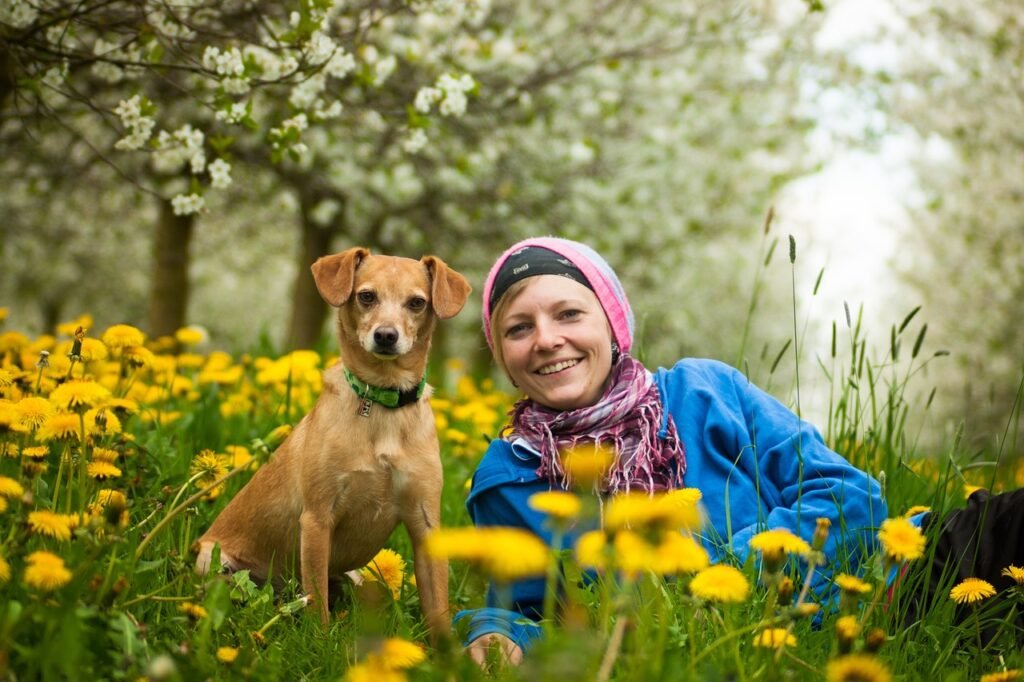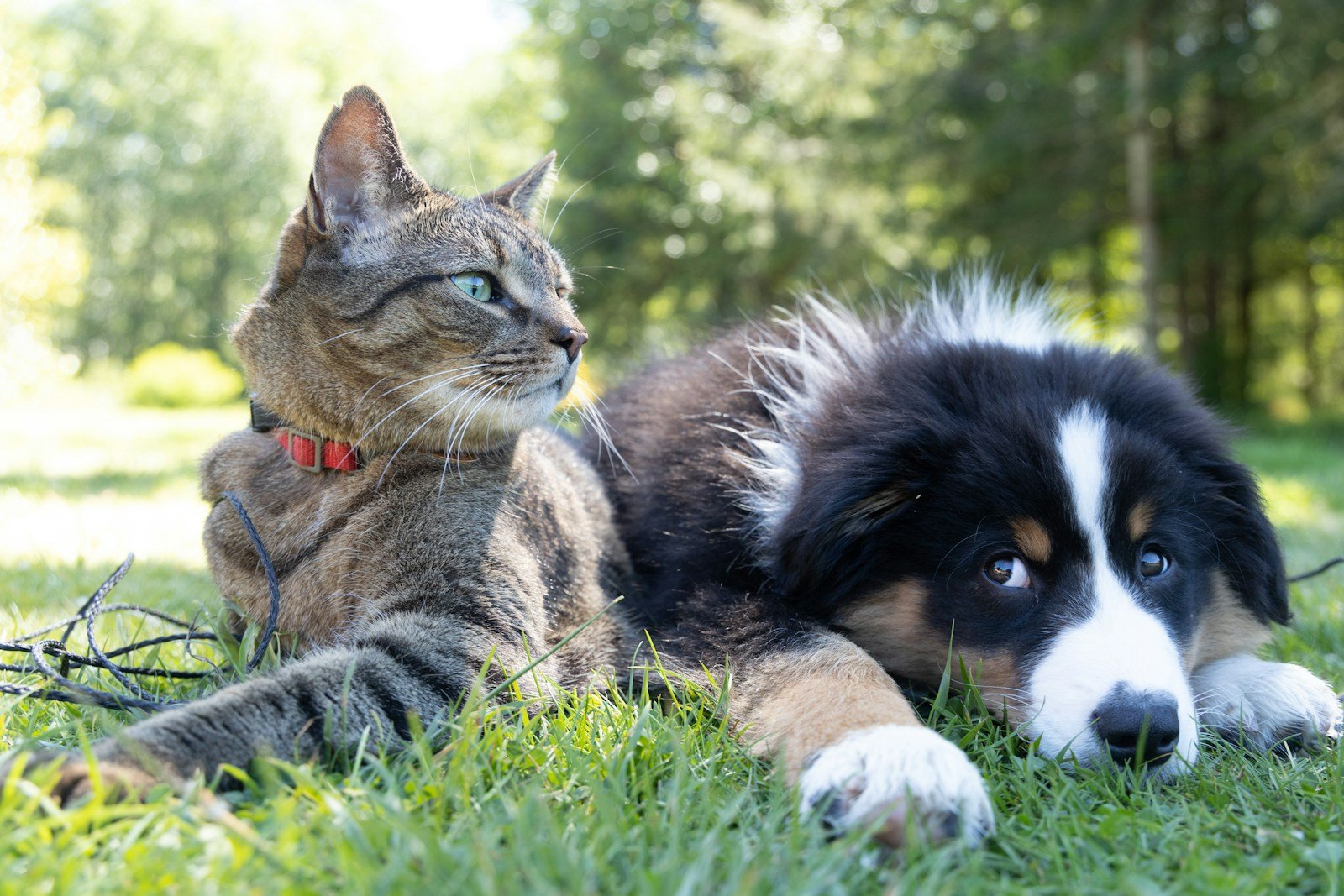We’ve all heard the joke—dog people are outgoing; cat people are mysterious loners. But is there science behind the stereotype? Turns out, yes. Surveys and academic studies have dug into the Big Five personality traits—and more—to uncover some surprisingly consistent differences between folks who favor furry developers of joy and those enticed by graceful independent whisker-wielders. Let’s explore what makes “dog people” and “cat people” tick—and why it might matter more than you think.
1. Extraversion & Sociability: Outgoing Dogs, Reserved Cats

“Dog people” overwhelmingly score higher on extraversion—they’re more talkative, energetic, and socially oriented. A University of Texas study found they were ~15% more extraverted than cat lovers. Psychology Today adds that dog lovers enjoy richer social lives and thrive in group settings. In contrast, “cat people” prefer solitude: their introversion often coincides with choosing quieter routines—think cozy books or reflective hobbies.
2. Agreeableness & Warmth: Team players vs. Independent Spirits
Dog devotees tend to rank higher in agreeableness—they’re friendly, cooperative, and caring. They value togetherness: marriage, shared housing, and kids are more common. Cat people, by comparison, skew less traditional and more emotionally reserved. Psychology Today describes them as “impersonal” and “nonconformist”
3. Conscientiousness & Structure: Routine‑Loving Dog Owners
People who self-identify as dog lovers score higher in conscientiousness; they’re organized, dependable, and plan ahead. A Verywell Mind article reinforces this: dogs’ need for structured care (walks, feeding, training) aligns with conscientious lifestyles
Cat fans, on the other hand, often prefer spontaneity and flexibility—cats demand less rigid routines
4. Openness & Creativity: Feline Free‑Thinkers
“Cat people” tend to be more open—creative, curious, and willing to entertain new experiences. They also often score higher on intelligence tests, per a Carroll University study. Dog people, while socially outgoing, are slightly less open—preferring tradition and familiar environments
5. Neuroticism & Emotional Sensitivity: Stressed Cats, Chill Dogs

Cat people are generally more neurotic: more emotionally sensitive, anxious, or prone to stress. Glamour (via WebMD) also reports cat lovers tend to be more artistic and anxious. Dog lovers demonstrate lower neuroticism, often linked to higher self-esteem and emotional stability .
6. Dominance, Independence & Ideology
Beyond basic traits, studies have explored how power dynamics and values play into pet preference. Dog lovers score higher on traits like social dominance orientation (favoring hierarchy) and authoritarian values. This may reflect a preference for submissive pets like dogs, aligning with dominant owner personalities. Cat lovers, in contrast, often choose independent, non-conforming companions—matching their own autonomous approach
7. Lifestyle & Well‑Being: Who’s Happier?

Does pet preference impact happiness? Possibly. Dog owners, thanks to outdoor time, exercise, and social interaction—often report better well-being and self-esteem. Some evidence suggests cat owners may experience slightly lower self-esteem, though many aspects are interwoven with personality. That said, both camps benefit deeply from companionship—each in their own way.
It’s All About Fit, Not Better
So yes—there’s genuine psychological clustering behind cat and dog preferences. But these findings aren’t destiny. Many people fall in between, celebrating both breeds (or neither!), and personality ranges overlap widely.
What matters? The companionship that suits you—whether it’s a playful pup to share adventures with or a contemplative cat to curl up beside. That bond says a lot—but as the research shows, our choice reveals just as much about ourselves.






